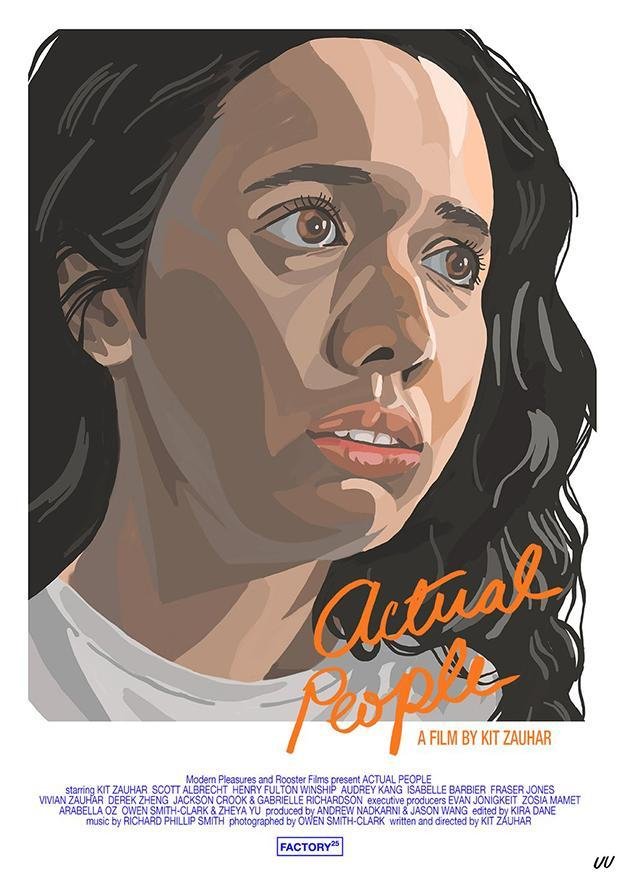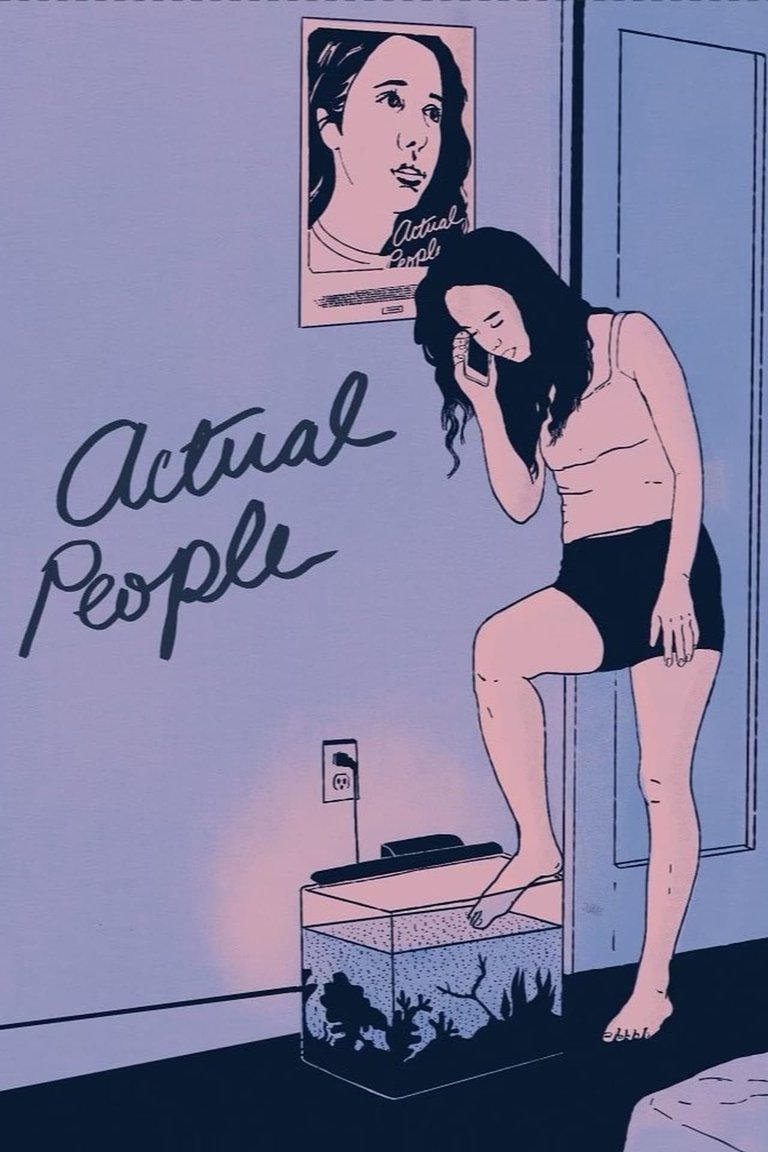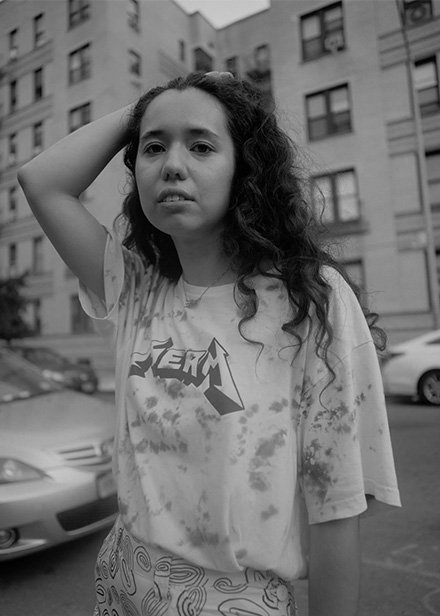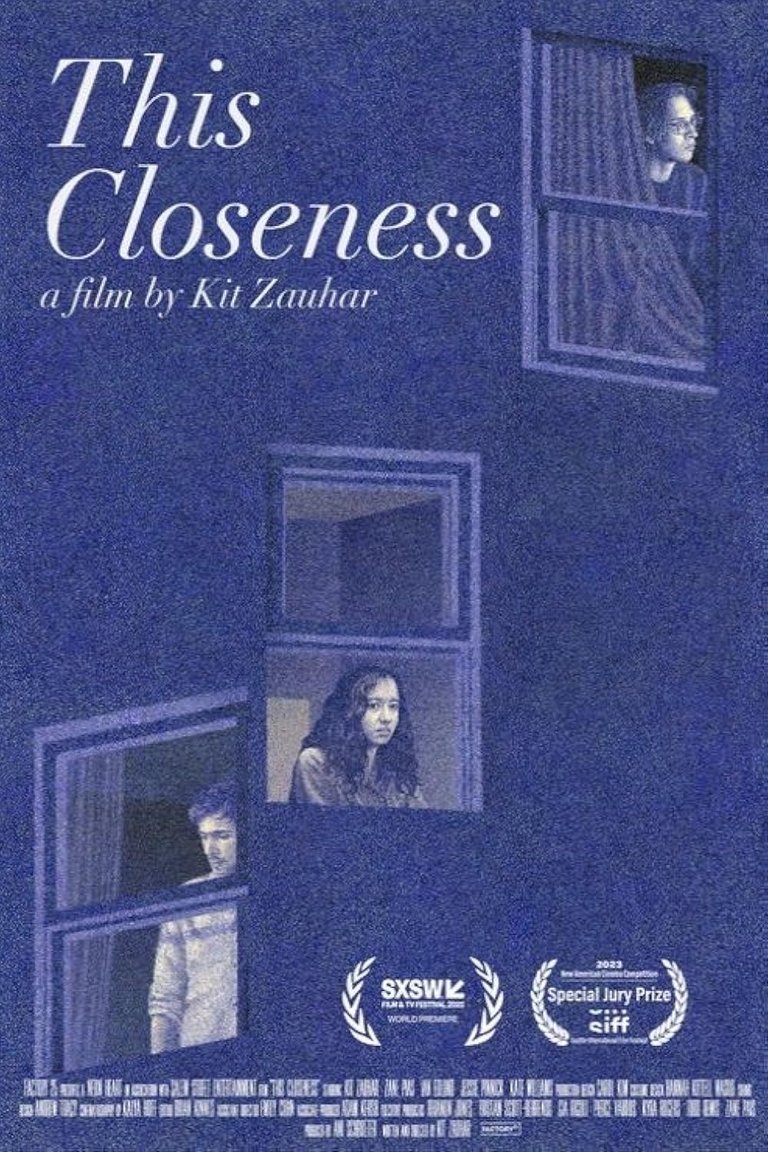Actual People (2021): life after graduation | la vida despues de graduarse
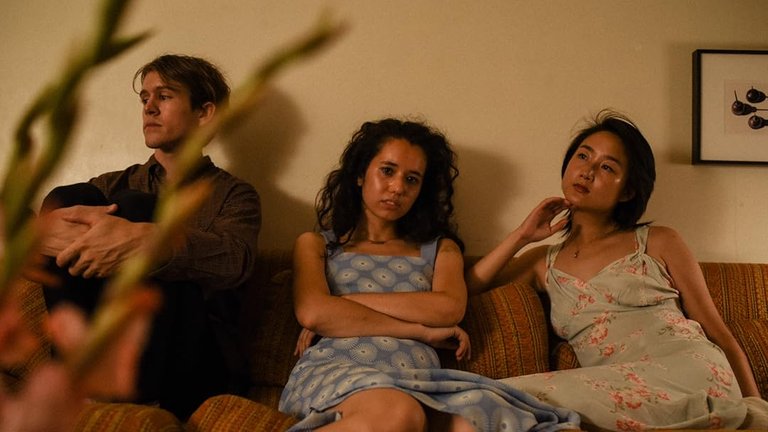
Escrita, dirigida y protagonizada por Kit Zauhar
I have noticed that many people associate independent cinema with foreign countries (outside the Anglo market), as if it were only a question of geographical borders or budget. And that's not the case. In fact, in the USA there is very good independent cinema and one of the keys to these productions that do things differently from how they are done in Hollywood is the cultural wealth that exists in that country as a result of migration.
Me he dado cuenta de que muchas personas relacionan el cine independiente con los países extranjeros (ajenos al mercado anglo), como si fuese una cuestión solamente de fronteras geográficas o de presupuesto. Y no es así. De hecho, en EEUU hay muy buen cine independiente y una de las claves de estas producciones que hacen las cosas diferentes a como las hacen en Hollywood es la riqueza cultural que existe en ese país producto de la migración.
Many actors, screenwriters, directors, producers and others are listed as having American nationality, but they have foreign surnames and before making a name for themselves and making an international career, they start with independent productions that often become cult films. To name a few examples, I will only say that classics such as Quentin Tarantino's Reservoir Dogs, Christopher Nolan's Memento and Chloé Zhao's Nomadland are independent film productions. That's why I like having the opportunity to find new names, screenwriters and directors who are starting their careers on the right foot and with a fresh and interesting approach (I recently saw the two Cooper Raiff films and I liked them a lot, especially Cha Cha Real Smooth) and my latest discovery was the name of Kit Zauhar, a young woman under thirty, of American nationality and Asian roots, who already has two feature films to her credit (and some shorts) including her debut, Actual People, which she wrote, directed and starred in. In it, Zauhar plays Riley, a twenty-two-year-old girl about to graduate from college who feels the social pressure of not having a defined direction. Everyone else seems to know what they will do with the rest of their lives, but she doesn't. Is it wrong not to have plans? How can people plan what they will do in the next five, ten or twenty years?
Muchos actores, guionistas, directores, productores y demás figuran con nacionalidad norteamericana, pero tienen apellidos extranjeros y antes de labrarse un nombre y hacer carrera internacional, comienzan con producciones independientes que muchas veces se convierten en obras de culto. Por nombrar algunos ejemplos, sólo diré que clásicos como Reservoir Dogs de Quentin Tarantino, Memento de Christopher Nolan y Nomadland de Chloé Zhao son producciones de cine independiente. Por eso me gusta tener la oportunidad de encontrar nombres nuevos, guionistas y directores que están comenzando su carrera con buen pie y con una propuesta fresca e interesante (hace poco vi las dos películas de Cooper Raiff y me gustaron mucho, especialmente Cha Cha Real Smooth) y mi último descubrimiento fue el nombre de Kit Zauhar, una joven de menos de treinta años, de nacionalidad norteamericana y raíces asiáticas, que ya cuenta con dos largometrajes en su haber (y algunos cortos) incluyendo su debut, Actual People, el cual escribió, dirigió y protagonizó. En él, Zauhar le da vida a Riley, una chica de apenas veintidós años, a punto de graduarse de la universidad que siente la presión social de no tener un rumbo definido. Todos los demás parecen saber qué harán con el resto de su vida, pero ella no, ¿acaso está mal no tener planes? ¿cómo puede la gente planificar lo que harán en los próximos cinco, diez o veinte años?

During the last week of school, Riley must deal with a roommate who kicks her out of the apartment, a urinary tract infection, a subject she keeps failing and which is the only thing standing between her and her graduation, and the appearance of Leo, an attractive young man with whom she feels an immediate connection and who, like her, belongs to an Asian-American family from Philadelphia.
Durante la última semana de clases, Riley debe lidiar con un compañero de piso que la corre del departamento, una infección urinaria, una asignatura que va reprobando y que es la única que la separa de su título universitario y la aparición de Leo, un joven atractivo con quien siente una conexión inmediata y que, como ella, pertenece a una familia asiática americana de Filadelfia.
But Riley's drama is focused on two things: the relationship she recently ended with her boyfriend of three years, David, with whom she had plans for the future; and the constant questioning by others about her plans: what postgraduate degree will she pursue? Will she stay in New York? What project will she develop next? It's not something typical of just North American society; throughout the Western world we can identify with Riley's situation because when we are about to graduate or when we have just graduated, our peers and our closest elders asked us the same questions. They did and do so with the best of intentions; they want to support us, advise us, they want to be part of our success and the choice we make for our life, but what can a person in their twenties know about life? How can they be sure of what they want to do for the rest of their lives? I have always thought that choosing a career to study when you are just a teenager is a very heavy and complex decision, especially if that decision - as in most cases - is going to condition the rest of your life. There are those who have had this very clear from a young age and that is great for them, but I think it's normal to feel like Riley: somewhat lost, disoriented, tired after almost two decades of continuous study and overwhelmed by the uncertainty of what is coming next.
Pero el drama de Riley se concentra en dos cosas: la relación que terminó recientemente con su novio de tres años, David, y con quien tenía planes para el futuro; y esa interrogación constante por parte de los demás sobre sus planes, ¿qué posgrado hará? ¿se quedará a vivir en Nueva York? ¿qué proyecto desarrollará a continuación? No es algo propio de la sociedad norteamericana, en todo el mundo occidental podemos identificarnos con la situación de Riley porque a punto de graduarnos o cuando recién lo habíamos hecho, nuestros semejantes y nuestros mayores cercanos nos hicieron las mismas preguntas. Lo hicieron y lo hacen con la mejor de las intenciones, desean apoyarnos, aconsejarnos, quieren ser partícipes de nuestro éxito y de la elección que hagamos para nuestra vida, pero ¿qué puede saber de la vida una persona de veintipocos años? ¿cómo puede estar seguro de lo que quiere hacer el resto de su existencia? Siempre he pensado que elegir una carrera a estudiar siendo apenas un adolescente es una decisión muy pesada y compleja, sobre todo si esa decisión - como en la mayoría de los casos - va a condicionar el resto de tu vida. Hay quienes lo tienen muy claro desde pequeños y está muy bien por ellos, pero creo que lo normal es sentirse como Riley: algo perdidos, desorientados, fatigados tras casi dos décadas de estudio continuo y abrumados por la incertidumbre de lo que se nos viene después.
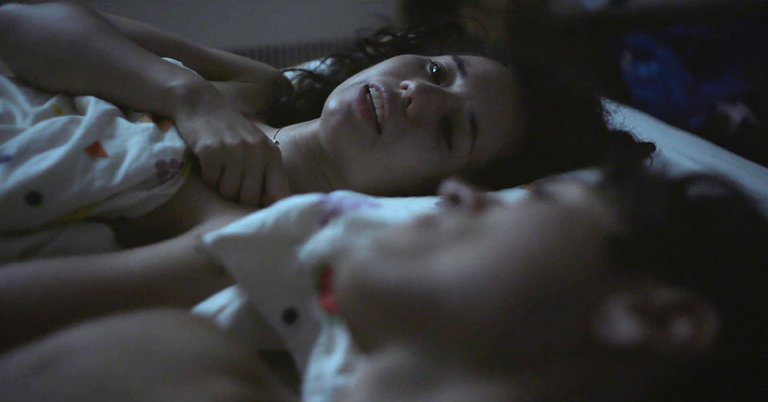
Actual People is an autobiography in which Zauhar portrays her experiences at NYU and shows in a dramatic, funny, fresh and melancholic way the world to which she belongs. It's a millennial drama, made by a millennial, for all the millennials of the world. And that helps reinforce two key aspects of the experience of watching this film: honesty and authenticity. Far from the mythical Hollywood protagonists, the characters and the plot feel real. Like life itself.
Actual People es una autoficción en la que Zauhar retrata sus experiencias en la NYU y muestra de una manera dramática, divertida, fresca y melancólica ese mundo al que pertenece. Es un drama millenial, hecho por una millenial, para todos los millenials del mundo. Y eso ayuda a reforzar dos aspectos claves de la experiencia de ver esta cinta: la honestidad y la autenticidad. Lejos de los míticos protagonistas de Hollywood, los personajes y la trama se sienten reales. Como la vida misma.
After watching this movie I came across the term Mumblecore which, according to Wikipedia is a subgenre of independent cinema characterized by "naturalistic acting and (sometimes improvised) dialogue, low budgets, an emphasis on dialogue over plot, and a focus on the personal relationships of young adults". Seen like that, yes, Actual People would belong to this genre (as would Frances Ha by Greta Gerwig, for example), but beyond that label what stands out about this story is the plot, the soundtrack, an Audrey Kang who caught all my eyes, and the narrative ability of its creator. Kit Zauhar was born in 1995, that means that she debuted with this feature film that she filmed when she was 25 years old and that she conceived before that. Imagine what she might be able to create with more experience and a bigger budget. Zauhar's other film, This Closeness, is also available on MUBI in a section of the platform called Meltdown, where there are also other interesting titles such as Hypnosen and Paris, 13th District along with other stories that show the challenges faced by young adults today and that I recommend to everyone, especially those film buffs between 25 and 35 years old, have you seen any of these films? Have you heard anything about Actual People? I'll read you in the comments.
Después de ver esta película di con el término Mumblecore que, de acuerdo a Wikipedia es un subgénero del cine independiente que se caracteriza por "actuaciones y diálogos naturalistas (a veces improvisados), bajos presupuestos, énfasis en los diálogos más que en la trama y foco en las relaciones personales. Los personajes protagonistas suelen tener entre 20 y 30 años de edad". Visto así, sí, Actual People pertenecería a este género (igual que Frances Ha de Greta Gerwig, por ejemplo), pero más allá de esa etiqueta lo que destaca de esta historia es la trama, el soundtrack, una Audrey Kang que se tobó todas mis miradas y la capacidad narrativa de su creadora. Kit Zauhar nació en 1995, eso quiere decir que debutó con este largometraje que filmó cuando tenía 25 años y que concibió antes de eso. Imaginen lo que podrá ser capaz de crear con más experiencia y mayor presupuesto. El otro film de Zauhar, This Closeness, también está disponible en MUBI en una sección de la plataforma que se llama Millenials en Crisis, en donde también hay otros títulos interesantes como , Hypnosen y Paris, 13th District junto a otras historias que muestran los desafíos que enfrentan los adultos jóvenes de hoy y que recomiendo a todos, especialmente a los cinéfilos entre 25 y 35 años, ¿han visto alguna de estas películas? ¿habían oído algo de Actual People? Los leo en los comentarios.
Reseñado por @cristiancaicedo
Other posts that may interest you | Otros posts que pueden interesarte:
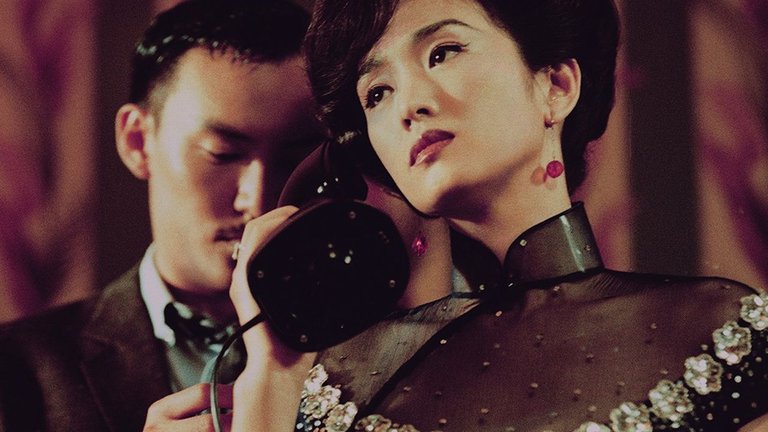  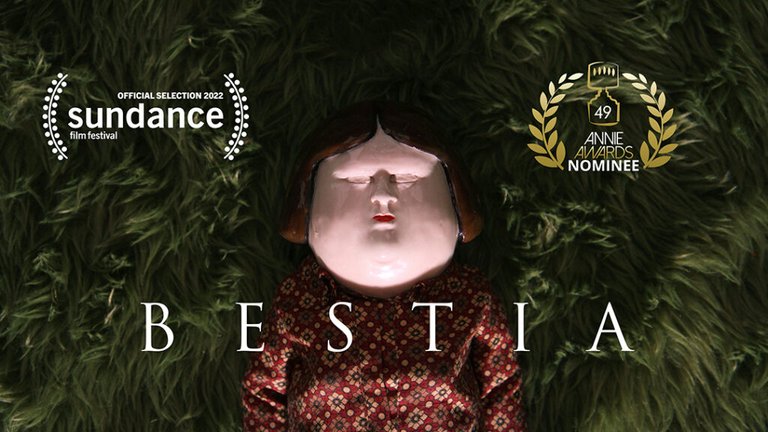 |
|---|
